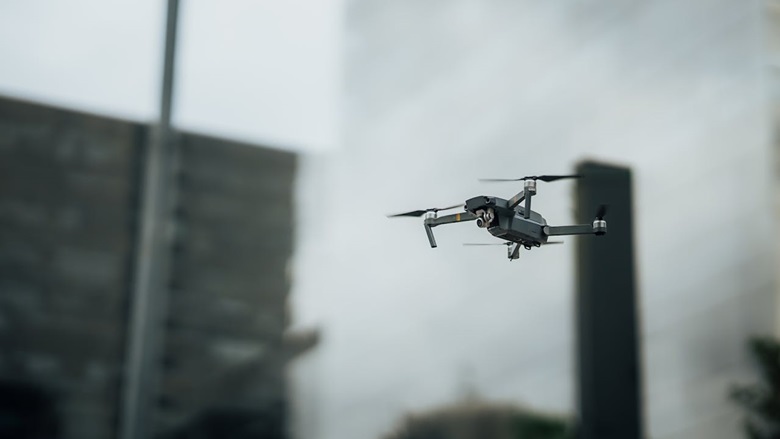This week’s “Around the Commercial Drone Industry” news round-up looks at news regarding the collision between a drone and a firefighting aircraft during the Los Angeles fires, Indiana's plan to monitor drone activity to prevent the spread of the avian flu, and Scotland’s first national medical drone network.
Reckless LA Drone Pilot Pleads Guilty
Authorities have confirmed that Peter Tripp Akemann of Culver City, California has plead guilty to unsafe operation of his drone causing a collision with a Canadian “Super Scooper” aircraft that had been deployed to fight the deadly fires in Southern California. As CBS8 reports, Akemann entered into a plea agreement in which he “agreed to pay full restitution to the government of Quebec, which supplied the plane, and an aircraft repair company that handled the necessary fixes.” He also “agreed to complete 150 hours of community service in support of the 2025 Southern California wildfire relief effort.”
As discussed recently in Commercial UAV News, the incident highlights “problems posed by reckless, clueless, and unauthorized drone operators” and undermines public understanding of how uncrewed systems can aid in emergency operations.
Can Drones Spread the Avian Flu?
In Indiana, authorities are closely monitoring drone flights in an effort to curb the spread of the avian flu. A story from WRTV-Indianapolis states that “The Indiana Department of Homeland Security, along with local and federal agencies, has reported a surge in drone activity near sites affected by Highly Pathogenic Avian Influenza (HPAI).” In response, the story asserts, “Residents in Adams, Allen, Jackson, and Jay counties, as well as areas in Ohio, are urged to report any drone sightings to local law enforcement.” The action comes as authorities see a danger in drone flights happening around agricultural areas and farms that are under quarantine because of the avian influenza. Any “unlawful entry (by drones or citizens) could spread the virus,” WRTV says, and “some reports have surfaced to indicate drones have landed on barns in these areas, and there is legitimate concern the drones could transmit disease from one location to the next.”
Scotland’s First National Medical Drone Network
Scotland is coming closer to creating its first national medical drone network “following a pioneering project aiming to revolutionise healthcare logistics,” according to the University of Strathclyde Glasgow. A 16-member consortium “led by AGS Airports and including the University of Strathclyde, Skyports Drone Services, NATS and NHS Scotland” conducted live flight trials “across Scotland in 2024 using drones to rapidly transport medical supplies and diagnostic samples between mainland hospitals and remote or rural locations.” The group has also "prototyped landing stations for drones at NHS sites across Scotland.” Based on this work, a spokesperson for the consortium asserts that they have “developed a digital blueprint for a drone delivery network that could connect hospitals, pathology laboratories, distribution centres, and GP surgeries across Scotland.”















Comments